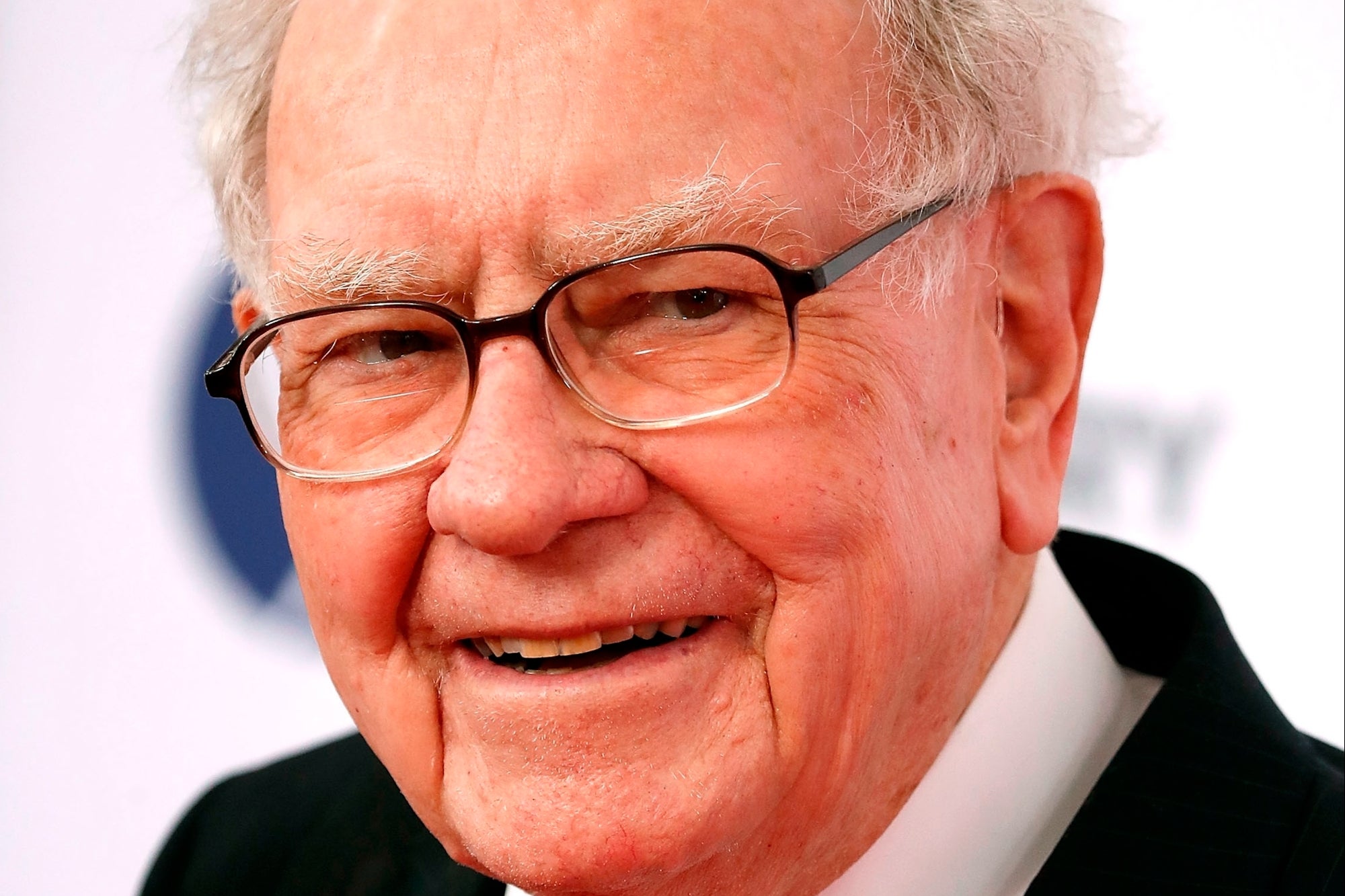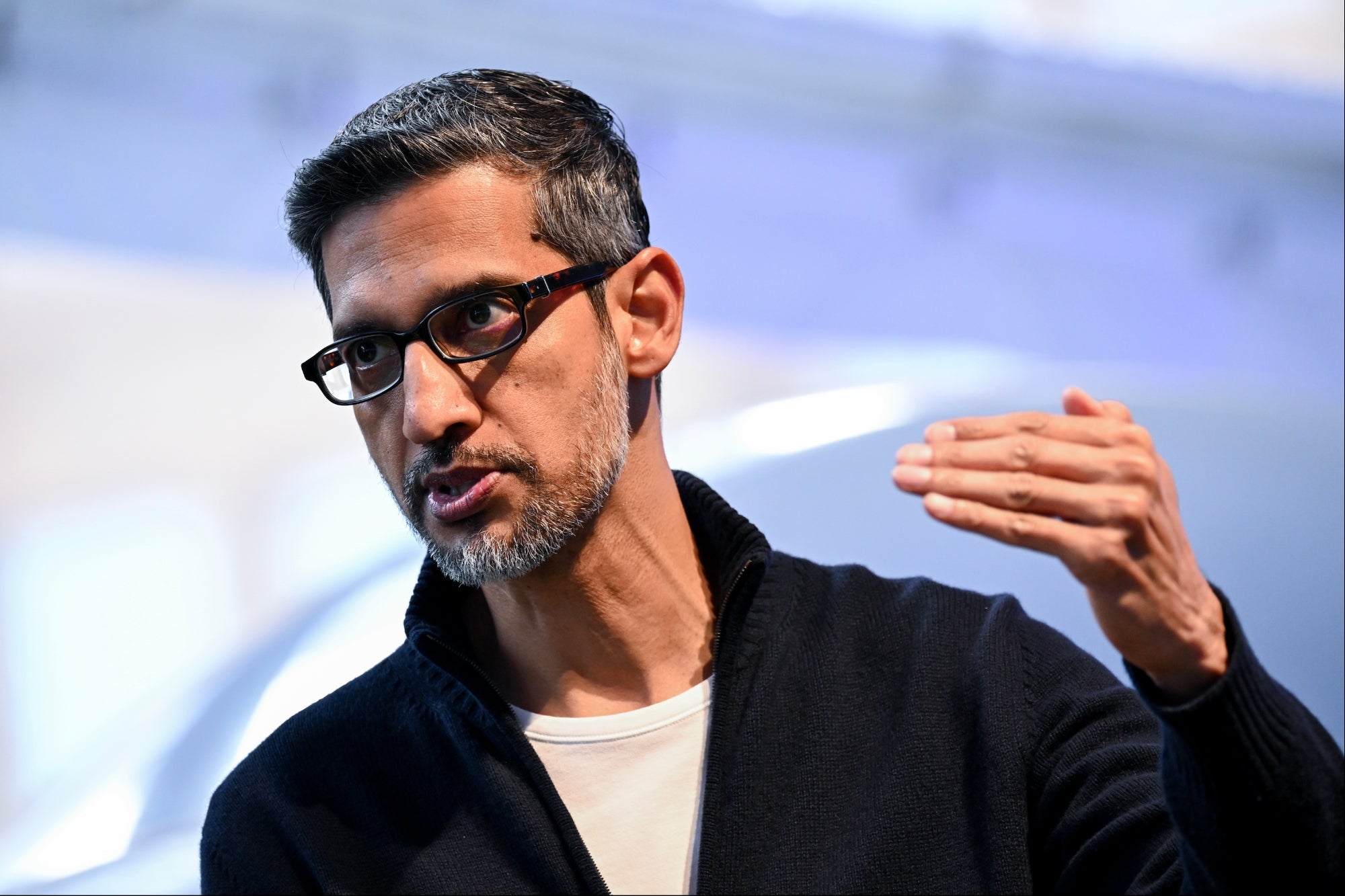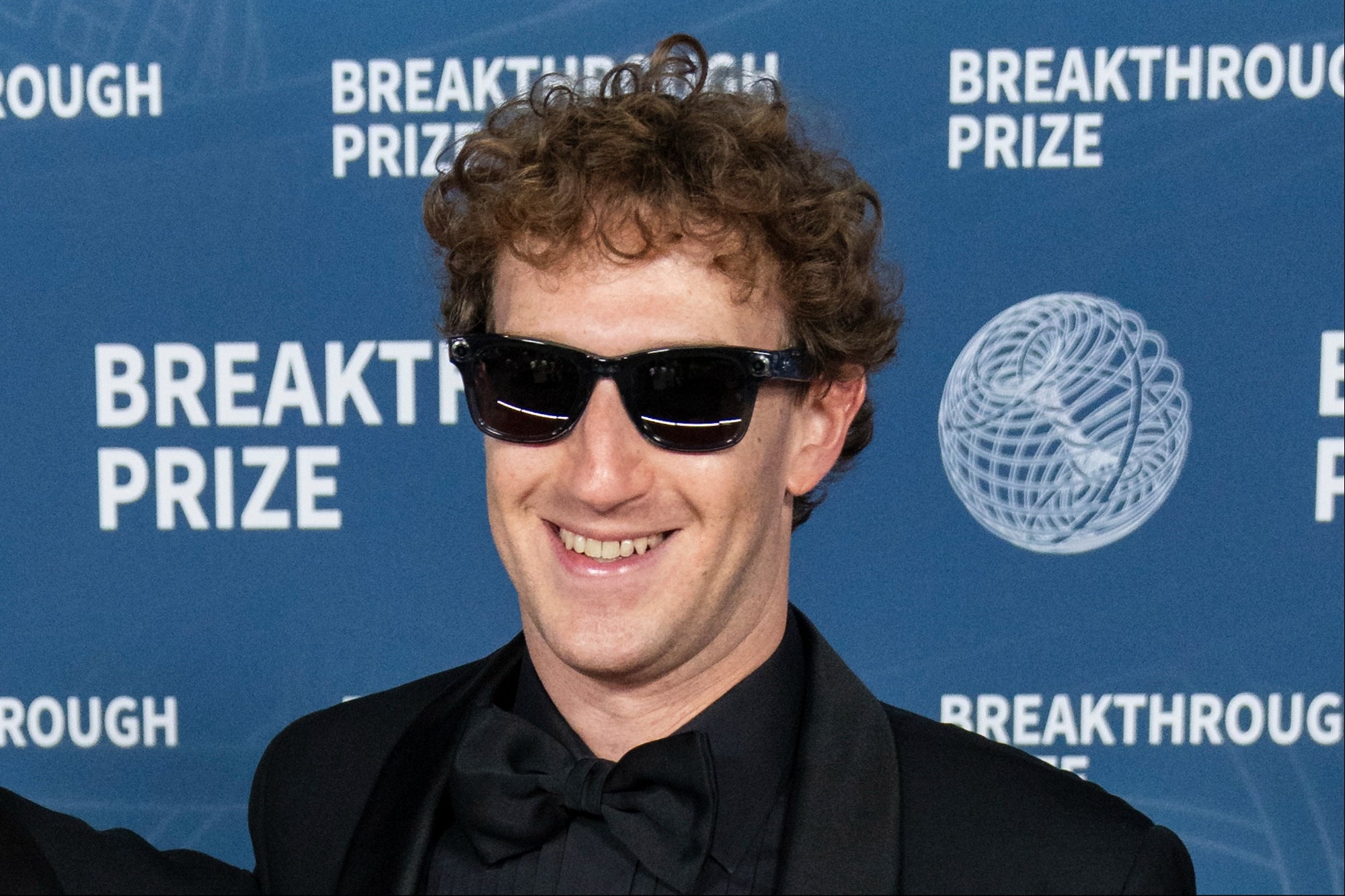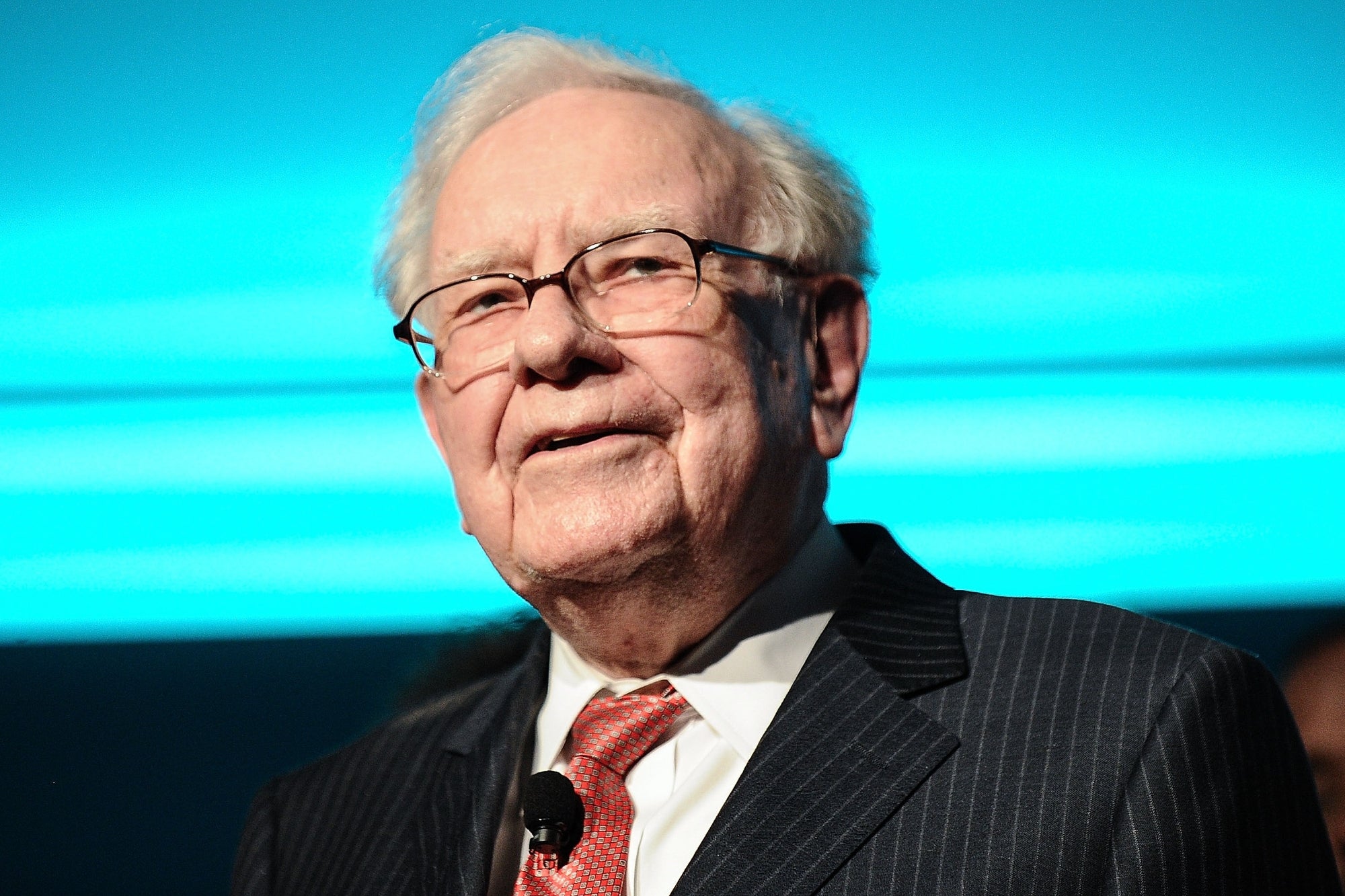Warren Buffett, 94, donated a record $6 billion worth of Berkshire Hathaway stock to five foundations on Monday, his largest annual donation since he started his philanthropic journey in 2006.
The Berkshire Hathaway CEO donated about 12.36 million Berkshire Class B shares, bringing his overall lifetime giving to the charities to over $60 billion.
He donated 9.43 million shares to the Gates Foundation, 943,384 shares to the Susan Thompson Buffett Foundation, and 660,366 shares to each of the three organizations led by his children, Howard, Susie, and Peter Buffett: the Howard G. Buffett Foundation, the Sherwood Foundation, and the NoVo Foundation.
The donations were delivered on Monday.
 Warren Buffett. Photo by Paul Morigi/WireImage
Warren Buffett. Photo by Paul Morigi/WireImage
Buffett noted in a press release that he first made lifetime commitments to the five foundations on June 26, 2006, when he owned about $43 billion worth of Berkshire shares, which represented more than 98% of his net worth.
In the nearly two decades since that commitment, Buffett has “neither bought nor sold” any Berkshire shares, and stated that he does not intend to do so in the future. Over the past five years alone, Berkshire stock has grown by over 170% and Buffett’s fortune has grown along with it.
After Monday’s donation, Buffett still owns about $145 billion worth of Berkshire shares, which comprise the vast majority of his net worth.
“I have no debts and my remaining A shares are worth about $145 billion, well over 99% of my net worth,” Buffett stated in the press release.
Before the donations on Monday, the Bloomberg Billionaires Index estimated that Buffett was the eighth richest person in the world, with a net worth of $152 billion. A net worth of around $145 billion would make him the eleventh richest person.
Buffett’s donation this year is higher than his previous record of $5.3 billion last June. Buffett changed his will last year such that 99.5% of his fortune would be placed in a charitable trust overseen by his three children upon his death. Buffett’s children will have about a decade to decide where the money will go and must make the decisions unanimously. Susie Buffett is 71, Howard Buffett is 70, and Peter Buffett is 67.
Each of their organizations has a different focus. Susie Buffett helms the Susan Thompson Buffett Foundation, which supports reproductive health, and the Sherwood Foundation, which focuses on Nebraska nonprofits and early childhood education. The Howard Buffett Foundation, named after its lead, emphasizes ending global hunger and conflicts, while the NoVo Foundation, led by Peter Buffett, supports marginalized women and indigenous communities.
Warren Buffett has led Berkshire since 1965. The conglomerate, worth over $1 trillion at the time of writing, owns more than 60 companies, including Geico, Duracell, and Dairy Queen. Buffett announced in May that he would be retiring as Berkshire’s CEO in January, and his successor, Greg Abel, 62, would take over.
Warren Buffett, 94, donated a record $6 billion worth of Berkshire Hathaway stock to five foundations on Monday, his largest annual donation since he started his philanthropic journey in 2006.
The Berkshire Hathaway CEO donated about 12.36 million Berkshire Class B shares, bringing his overall lifetime giving to the charities to over $60 billion.
He donated 9.43 million shares to the Gates Foundation, 943,384 shares to the Susan Thompson Buffett Foundation, and 660,366 shares to each of the three organizations led by his children, Howard, Susie, and Peter Buffett: the Howard G. Buffett Foundation, the Sherwood Foundation, and the NoVo Foundation.
The rest of this article is locked.
Join Entrepreneur+ today for access.


 Google CEO Sundar Pichai. Photographer: David Paul Morris/Bloomberg via Getty Images
Google CEO Sundar Pichai. Photographer: David Paul Morris/Bloomberg via Getty Images


